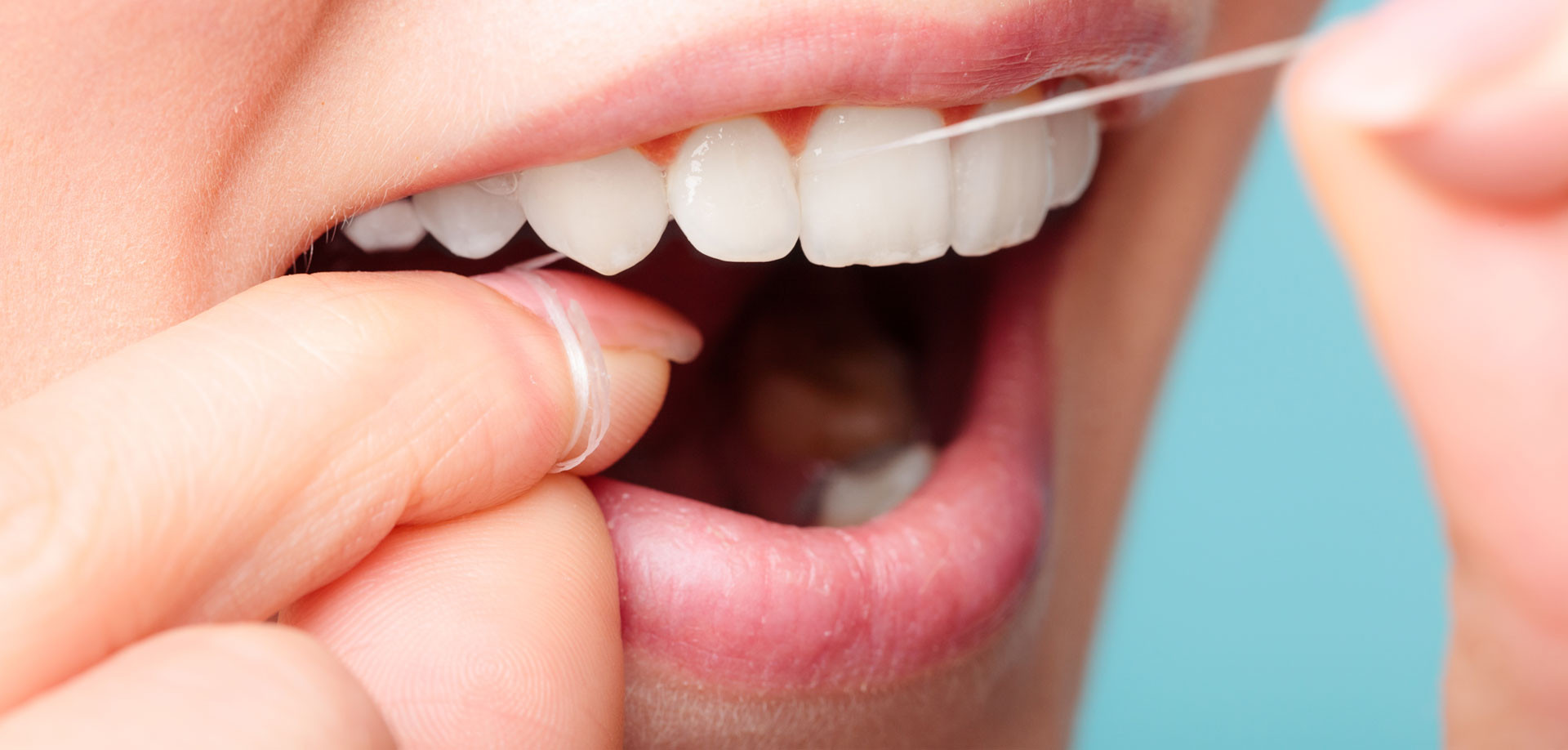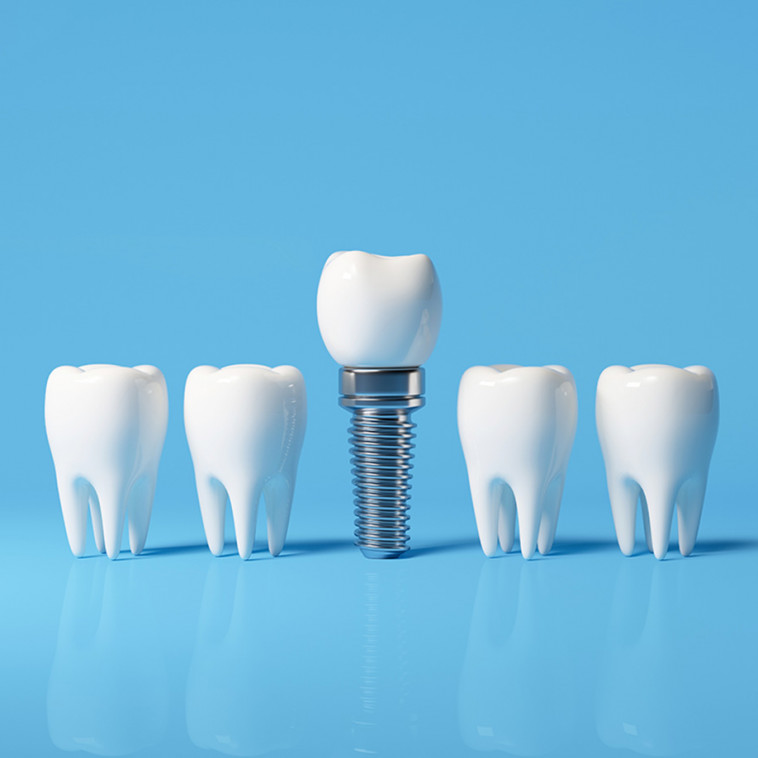
Oral hygiene 101: How to care for your teeth
"Oral hygiene" may not be the most enticing four words, but fresh breath and white teeth are essential for establishing a good first impression. And keeping your teeth and gums in good form isn't just for looks: there may be a connection between poor oral hygiene and heart disease.
Continue reading to "brush up" on the dos and don'ts of dental hygiene.
1. Brush
Brushing properly may eliminate plaque and food, prevent the formation of cavities and tartar, and prevents a painful (and expensive) trip to the dentist. To avoid enamel damage or gum discomfort, don't scrub too hard and use a gentle brush. Electric toothbrushes are an excellent technique to get a thorough clean without becoming accustomed to over-scrubbing:
2. Floss
Flossing is an essential element of maintaining healthy teeth and gums. Whether you use a water flosser, a dental pick, or good old-fashioned dental tape, you clean in between your teeth and gums at least once a day. Flossing is the most effective method for removing plaque before it hardens into tartar and removing complex food particles before they become a breeding ground for cavity-causing bacteria.
One thing to keep in mind: flossing should not be uncomfortable. You may have gingivitis if your gums feel puffy or bleed when you floss (inflammation of the gums). If not treated, gingivitis can progress to gum disease, so see your dentist if you feel any increasing sensitivity.
3. Rinse
Rinsing should not be used in place of brushing or flossing, but it can supplement your oral care regimen. Rinsing can be done for various reasons, including plaque reduction, breath freshening, and gingivitis prevention, or you may appreciate the squeaky-clean sensation.
4. Whiten
Even the healthiest teeth can lose their luster—especially if you enjoy coffee, tea, or red wine.
5. Maintain
Assuming you don't carry floss everywhere, there are some techniques to keep your teeth clean and shine between brushings.
In a pinch, chew sugar-free gum after meals to increase saliva flow, which rinses away plaque and prevents cavities from forming. However, double-check the ingredients: plaque-causing bacteria utilize sugar to build acids that cause decay; therefore, an artificial sweetener like sorbitol is the way to go.
Contact us
Amaral 13 Building
Flat 403,
1061 Nicosia, Cyprus
Tel: 22-452345/6
email: apanagidisdentalcenter@gmail.com



